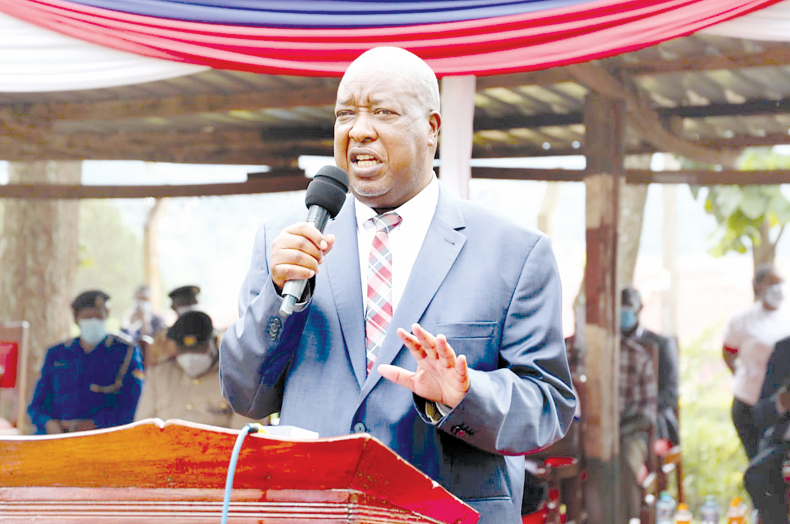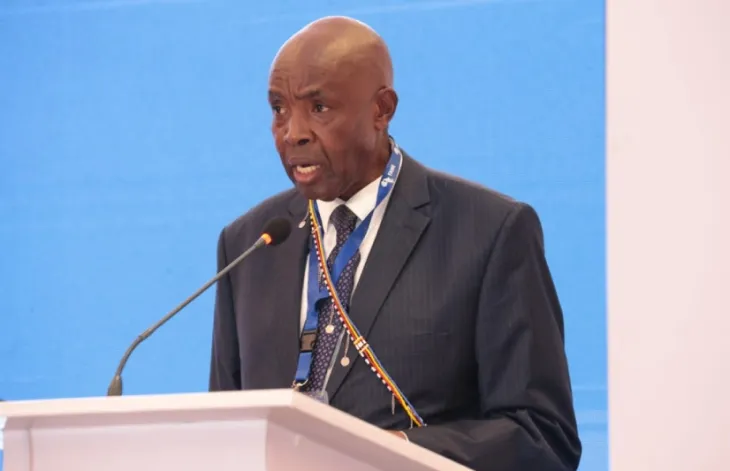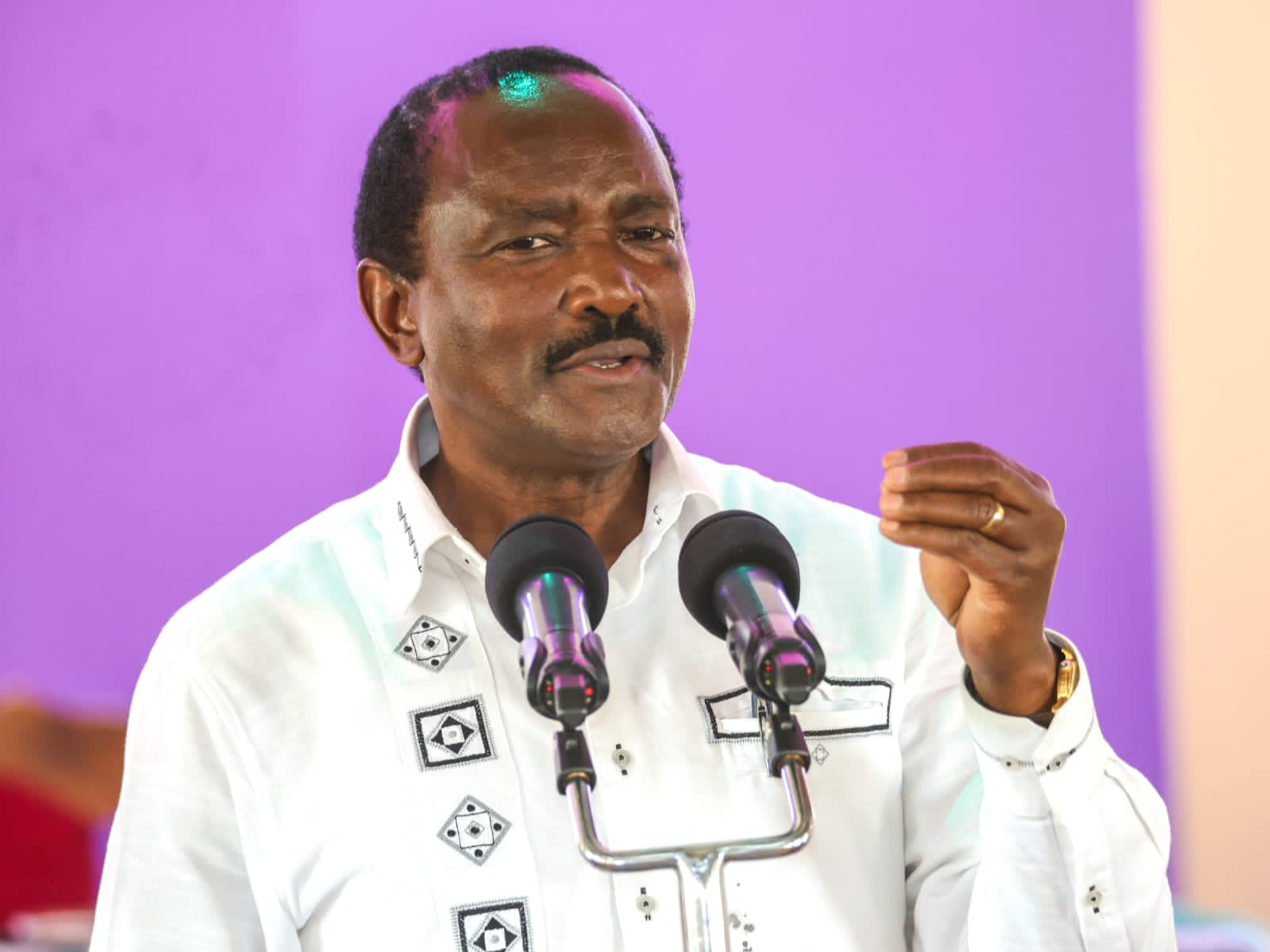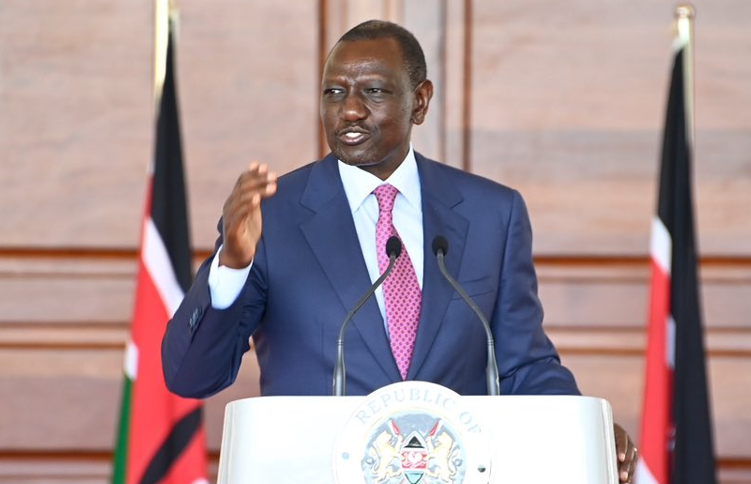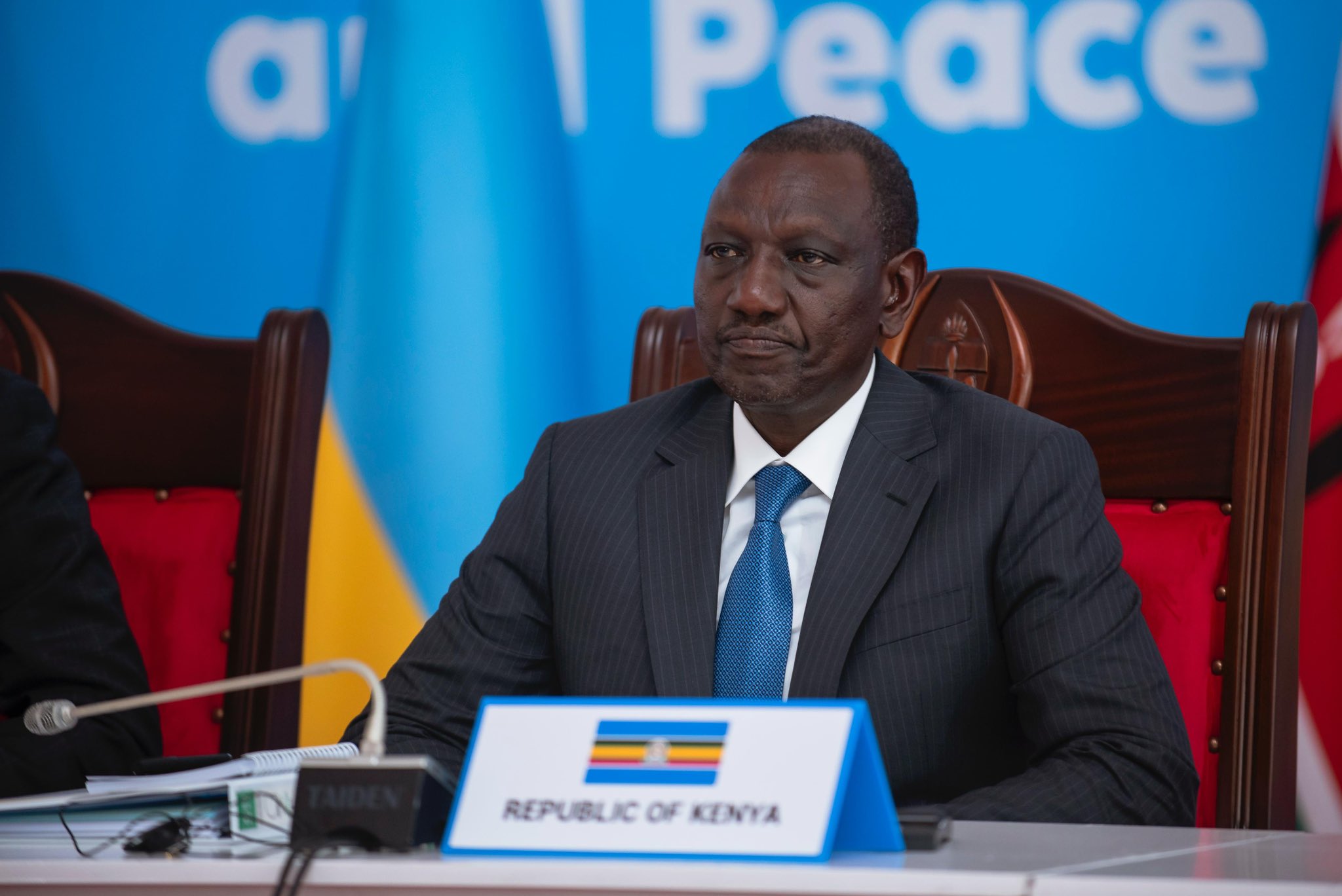Leadership is a character, not an age factor

“It is time for the young to lead” is a chorus we are treated to every election cycle and whenever appointments are being made.
It is a call that seems to make sense particularly taking into consideration the population demographics of the country.
The majority are indeed young. It is not always that people find consensus on who the youth are.
If we go by global trends then the label “youth” may stretch to cover all the people including those in their mid 30s.
Data suggests that in Kenya, this may in fact cover the biggest portion of the population, may be over 70 per cent.
Uganda is reputed to have the youngest population in the East African region averaging 19 years. Kenya, and indeed the rest of East Africa, is not too far behind
Of course we have had instances in Kenya where people above 40 have passed as youth and made youth coordinators in political parties. But that has been stretching it a bit.
The mantra to let the youth lead has often been made to score political points or simply as a bargaining strategy.
Indeed, there is an increasing population of youthful leaders that have emerged over the years and have done fairly well.
Most of those leaders have been in the corporate sector. Two executives of leading banks in the country rose to lead when they were relatively young and their banks have performed well.
Across the globe there is no shortage of youthful leaders who have led their countries and their companies with distinction.
New Zealand, for example, has had the distinction of being the country that has effectively dealt with Covid 19, and the leader has often risen to the occasion in challenging times.
Her response to a terror attack on her country was exemplary as she navigated potentially divisive religious relations and later passed gun laws that would have been contentious elsewhere.
The image of the leader showing up in New York for the United Nations General Assembly and nursing her baby was refreshing.
The state of New York itself has a young firebrand Congress woman who has distinguished herself in Washington’s centre of politics often packed with men in dark suits.
Then there is the sunny demeanor of the Prime Minister of Canada. He is not far from the age bracket described as youth.
There is such a sea of difference between his performance and that of his neighbour to the south.
But how have our youth in Kenya performed in politics? It is a question that requires a more detailed analysis for an objective answer.
Anecdotal scorecard of the recent past suggests that majority of them have not acquitted themselves well.
Most of those distinguishing themselves in the theatre of the absurd have been in the category of youth.
Their conduct has ranged from issuing orders in the corridors to flaunting guns in public.
It is hard to argue that our youth have acquitted themselves well. But it has not always been this way.
The group of politicians once characterised as the “seven bearded sisters” was essentially young, and they arguably launched us on the path to political pluralism.
The youth in political leadership have not given credibility to the call that it is time for the young to lead.
What they have demonstrated most is recklessness when given power.
Or may be there is just something wrong with our political culture that has saddled the country for many decades with politicians who are so full of themselves and the bankruptcy in political leadership is not a function of the age.
Since age may then be no guide in leadership the electorate would do well to go beyond age in search of befitting leadership qualities. Leadership is a character, not an age factor. — The writer is dean, School of Communication, Daystar University
